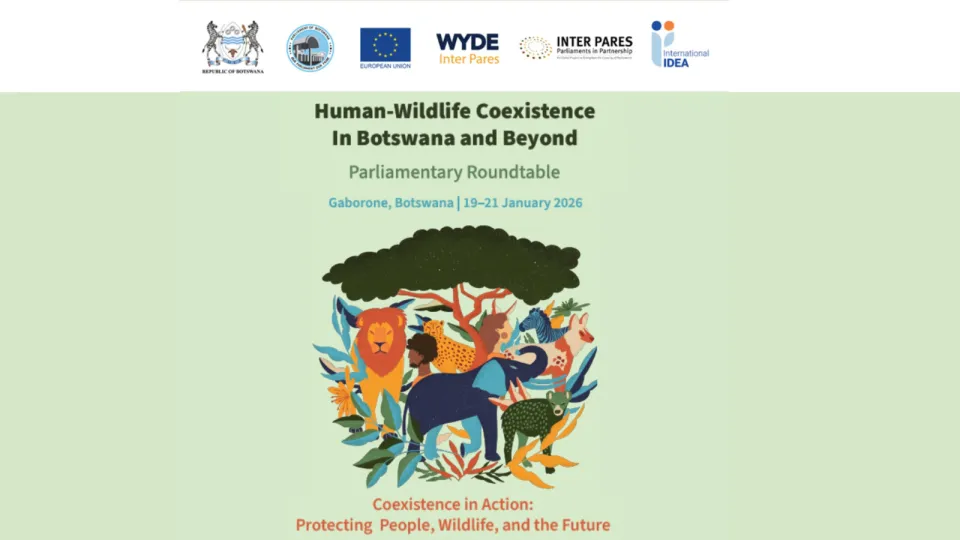In the aftermath of what is commonly referred to as The Arab Spring – where brutal autocracies were over-thrown, today many of these same countries in the North Africa region are struggling with security issues and are seeing large-scale violence erupting throughout their territory. Whilst Tunisia is arguably one of the most stable countries in the region, security threats still loom large over Tunisia’s upcoming elections. Violent skirmishes have been a recurring feature in the Chaambi mountain range and surrounding areas over the past months. Near the capital Tunis and in the south of Tunisia, recent violence has brought new worries about the security of the electoral process.
To many, violence in polarized societies emerging from transition is not surprising. Libya, Iraq, Syria and Yemen are all witnessing horrific levels of violence often left unchecked -- due to the power vacuums following the fall of dictators, or the inability for current leaders to rule effectively. Tunisia, has so far, managed to avoid these kinds of problems.
The up-coming elections in Tunisia will be critical to its future, and the electorate will have a key role to play. It is therefore essential for Tunisians to turn out in large numbers to vote to swear in a government that is legitimate.
As Tunisia knows all too well, neighbouring Libya offers hard-earned lessons on what to avoid. In Libya, the 2014 Council of Representative elections, although arguably not held within the best of contexts, saw a dismal 15.64 per cent of eligible voters register and of those a very low voter turnout of 41.74 per cent. A total of 630,000 votes were cast out of an eligible 4,029,365. Although this result was due to many factors including eruptions of staggering violence, boycotts, intimidation and voter apathy, the result has proven to be catastrophic with two parallel governments currently operating within the country – one with legitimacy and one with popular support. The power vacuum left in the country after the fall of Muammar Gaddafi has not been remedied and has rather led to the rapid descent into armed conflict verging on civil war and some militia groups openly swearing allegiance to the Islamic State of Iraq and the Levant (ISIL) / the Islamic State of Iraq and Syria (ISIS).
This situation alone should be enough to encourage Tunisians to get out and vote. Tunisia needs a legitimately elected government that can be backed by, and respond to, popular support. Despite the distrust that many citizens have for democracy and for political parties, it is the responsibility of citizens to engage in politics, understand the options and hold their elected representatives to account. Equally, Tunisia needs a government that will work together, as we have witnessed over the last year, to ensure that leaders are appointed, a cabinet is formed, laws are drafted and security is maintained. It is up to the Tunisian voters to ensure this happens, en masse.
There are no illusions that one party will win a clear majority in parliament, but, to date, parties have declared their willingness to enter into dialogue with one another (and hopefully the electorate) to overcome the inevitable obstacles. A lack of political compromise will lead to further political and social polarization – feeding the risk of increased conflict in the country. Whether such declarations will hold true is yet to be seen, however without a high voter turnout in Tunisia, the government runs the risk of not being seen as legitimate.
The strong efforts of Tunisia’s robust and vibrant civil society, political parties and the election management body to encourage people to vote should continue until the last minute of 26 of October. Women and men registered to vote need to do so: Tunisia’s strength and legitimacy depend on it.
For more information on voter turnout in West Asia and North Africa please visit International IDEA’s voter turnout data base and analyser here.




